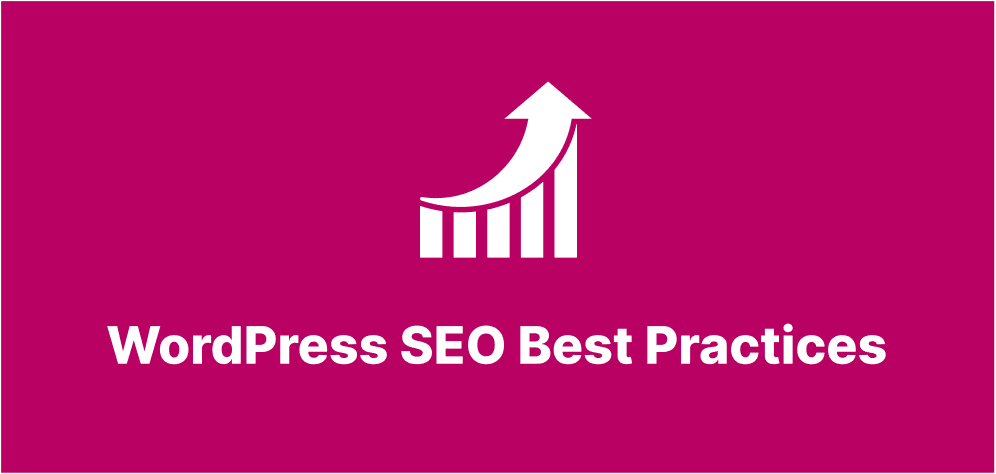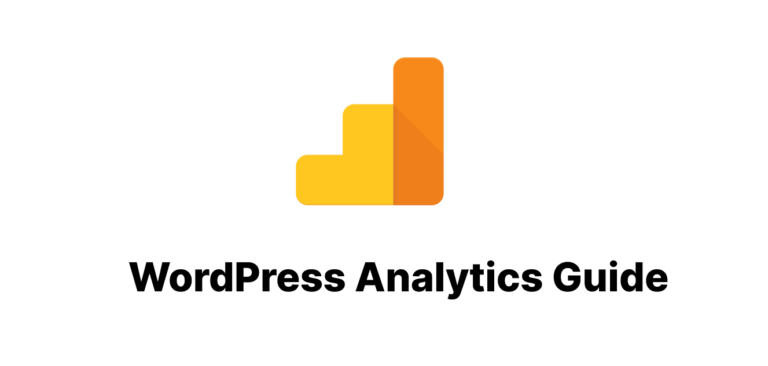In today’s digital landscape, creating content that ranks well in search engines remains a crucial strategy for bloggers and businesses alike. WordPress continues to be one of the most popular platforms for creating and managing blogs, and understanding how to optimize your WordPress site for SEO is essential for success. Let’s explore the most effective SEO practices for WordPress blogs in 2025 that will help your content reach a wider audience. Check out our WordPress SEO checklist for a quick implementation guide.
Why SEO Matters for WordPress Blogs in 2025
Search engine optimization continues to evolve, but its importance remains constant. With WordPress powering over 40% of all websites on the internet, knowing how to properly optimize your WordPress blog for search engines can significantly impact your online visibility. In 2025, search algorithms have become more sophisticated, placing greater emphasis on user experience, content quality, and technical performance. For more on why this matters, see our WordPress SEO fundamentals guide.
WordPress SEO Technical Foundations for 2025
Optimizing WordPress SEO Site Speed and Performance
Site speed remains a critical ranking factor in 2025. WordPress sites can be optimized for faster loading times through:
- Implementing a caching plugin like WP Rocket or W3 Total Cache
- Compressing images before uploading them to your media library using tools like TinyPNG
- Using a content delivery network (CDN) like Cloudflare to serve assets globally
- Minimizing HTTP requests by combining CSS and JavaScript files
Learn more about optimizing your site speed in our detailed WordPress performance optimization guide.
Recent studies show that pages loading within 2 seconds have significantly lower bounce rates, directly impacting your SEO performance, according to Google’s PageSpeed Insights documentation.
Mobile Optimization
With mobile-first indexing fully implemented, ensuring your WordPress blog is responsive and mobile-friendly is non-negotiable. Use themes that are responsive by design and regularly test your site’s mobile performance using Google’s Mobile-Friendly Test tool.
WordPress SEO On-Page Optimization Strategies
Content Structure and Organization
Creating well-structured content starts with proper heading hierarchy. Use your main keyword in at least one H2 heading, and organize your content logically with H3 and H4 subheadings where appropriate. This not only helps search engines understand your content but also improves readability for your audience. Check our content structure best practices for more details.
Internal Linking Strategy
Internal links are powerful for establishing site architecture and spreading link equity. When creating new content, link to at least 2-3 relevant posts within your site. See our comprehensive internal linking guide for advanced techniques.
Optimizing Images for Search
Images can significantly improve your content’s engagement, but they need proper optimization:
- Use descriptive, keyword-rich file names before uploading (e.g., “wordpress-seo-best-practices-2025.jpg”)
- Add alt text that includes your exact focus keyphrase while accurately describing the image:
- “WordPress SEO Best Practices 2025 chart”
- “WordPress SEO Best Practices 2025 infographic”
- “WordPress SEO Best Practices 2025 comparison table”
- Compress images to maintain quality while reducing file size
For more on image optimization, visit our WordPress image SEO guide.
Leveraging WordPress SEO Plugins in 2025
The WordPress ecosystem offers several powerful SEO plugins that have evolved significantly in recent years:
Yoast SEO Advancements
Yoast SEO continues to be a leading plugin, now offering AI-assisted content optimization and enhanced schema markup capabilities. Its content analysis feature helps ensure your posts meet key readability metrics including sentence length, paragraph structure, and active voice usage.
Rank Math and All-in-One SEO Pack
These alternatives to Yoast have gained popularity for their user-friendly interfaces and comprehensive feature sets. According to WPBeginner, Rank Math’s integration with Google Search Console provides valuable insights directly in your WordPress dashboard.
WordPress SEO Content Quality and E-E-A-T in 2025
Google’s emphasis on Experience, Expertise, Authoritativeness, and Trustworthiness (E-E-A-T) has intensified, as explained in Google’s Quality Rater Guidelines. For WordPress bloggers, this means:
- Creating detailed author profiles with credentials and expertise
- Citing reputable sources and including references
- Regularly updating old content to maintain relevance
- Building topical authority through comprehensive coverage of your niche
WordPress SEO Schema Markup Implementation
Implementing structured data has become increasingly important for gaining rich snippets in search results, according to Search Engine Journal’s research. WordPress plugins like Schema Pro and Yoast SEO Premium offer built-in schema markup options for various content types including:
- Blog posts and articles
- Products and reviews
- Events and courses
- FAQ sections
Measuring and Improving WordPress SEO Performance
Analytics Integration
Connecting your WordPress site with Google Analytics 4 and Google Search Console provides crucial data about your site’s performance. Monitor key metrics like:
- Organic traffic trends
- Keyword rankings
- User engagement metrics
- Core Web Vitals performance
Ongoing Optimization
SEO isn’t a one-time effort but a continuous process of improvement. Establish a regular audit schedule to identify:
- Outdated content that needs refreshing
- Technical issues affecting performance
- New keyword opportunities
- Underperforming pages that need optimization
Conclusion: Building a Sustainable WordPress SEO Strategy
Implementing these best practices for WordPress SEO in 2025 will help your blog achieve better visibility in search results. Remember that SEO is a long-term investment that requires consistency and adaptation to changing algorithms and user behaviors.
By focusing on technical optimization, high-quality content creation, and user experience, your WordPress blog can establish a strong foundation for sustainable organic growth. The key is to balance optimization best practices with creating genuinely valuable content for your audience.
What WordPress SEO strategies have worked best for your blog? Share your experiences in the comments below or reach out if you have questions about implementing any of these techniques on your site! For more advanced SEO tactics, check out Moz’s Beginner’s Guide to SEO, WordPress.org’s official SEO documentation, and our WordPress SEO plugin comparison.




